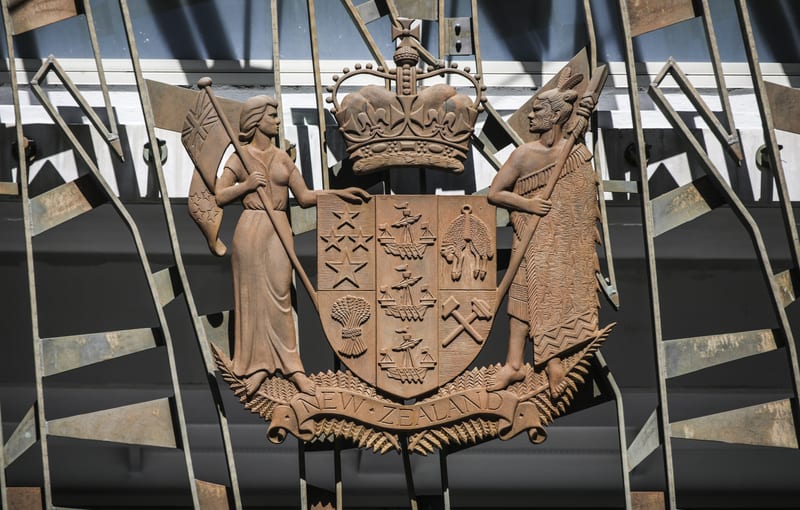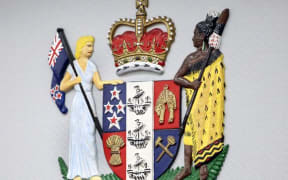An Iraqi refugee's last-ditch legal bid to avoid extradition to Australia to face people-smuggling charges has ended with the Supreme Court reserving its decision.

Photo: RNZ / Rebekah Parsons-King
Maythem Radhi came to New Zealand in 2009 as part of this country's refugee quota, but has been fighting extradition since October 2010.
Australia accuses him of arranging for asylum seekers to sail from Indonesia in a boat which sank, killing more than 300 men, women and children.
Mr Radhi was found eligible for extradition but in 2015 appealed to a district court seeking an order that his case be referred to the Minister of Justice, who has wider powers to refuse the Australian request.
The court refused to make the order, with Judge Jonathan Moses finding there was no evidence that Maythem Radhi might be prejudiced at his trial or punished or have his liberty restricted because of his refugee status.
He also ruled that the New Zealand courts could safely assume Australia's legal processes would prevent any breach of Mr Radhi's fair trial rights.
Mr Radhi then appealed to the High Court, where his lawyers raised several interests, including the hardship extradition would place on his family and the possibility his refugee status could be cancelled, meaning he was unable to rejoin his family in New Zealand.
It was also claimed that to deny Mr Radhi access to the Justice Minster was to breach procedural fairness, because the minister was the only person with authority to seek undertakings from the country requesting extradition.
However Justice Woolford ruled Judge Moses had made no errors of law in his decision refusing to order that Maythem Radhi's case be put before the Minister of Justice.
"I am of the view that Judge Moses... considered both the conduct by the investigative authorities and any possible prejudice to Mr Radhi, while noting that delay could again be raised as an issue in Australia."
"The breach of procedural fairness alleged is the denial of Mr Radhi's access to the Minister. However, Mr Radhi is unable to point to anything that would give rise to a legitimate expectation on his part of a referral to the Minister."
Similar issues were raised at the Court of Appeal, where the key issue was whether the district court had failed to give sufficient weight to the effect extradition might have on Mr Radhi's three children.
A key contention was that the matter should be considered in relation to New Zealand's obligations under the United Nations Convention on the Rights of the Child, including that "the widest possible protection and assistance should be given to the family which is the natural fundamental group unit of society."
However that court also ruled against Maythem Radhi.
"We agree with [Justice] Woolford that the family circumstances of Mr Radhi do not make it unjust or oppressive for him to be surrendered."
"There are steps that Mr Radhi can take to protect his visa status and reduce the risk of him not being able to re-enter New Zealand."
"Even if convicted and imprisoned in Australia, Mr Radhi will be able to apply for re-entry, which will be at the discretion of Immigration New Zealand. When weighed against the importance of New Zealand's extradition obligations, these circumstances are not sufficient to render it unjust or oppressive to surrender [him]."
It is hoped the Supreme Court judgement will be delivered before the end of the year.


